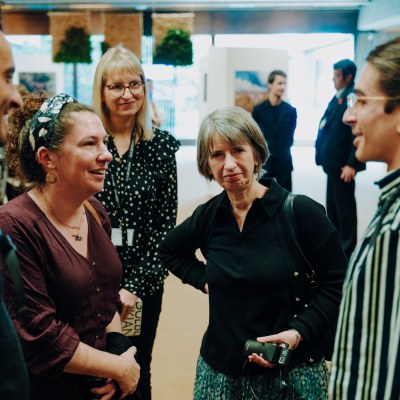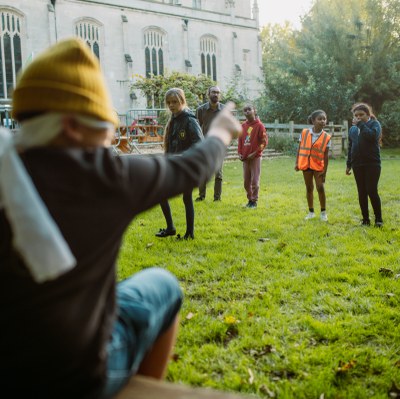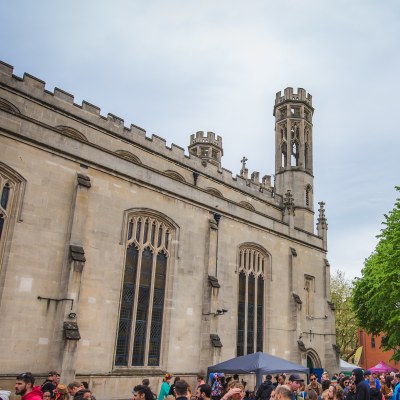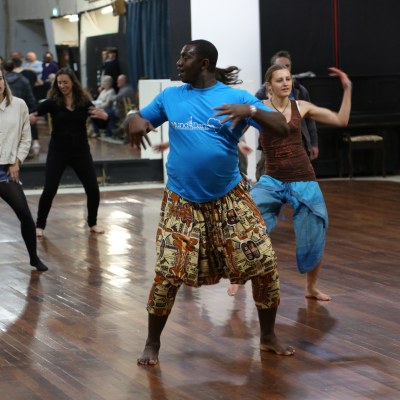Is Creativity The Antidote To Cultural Illiteracy?
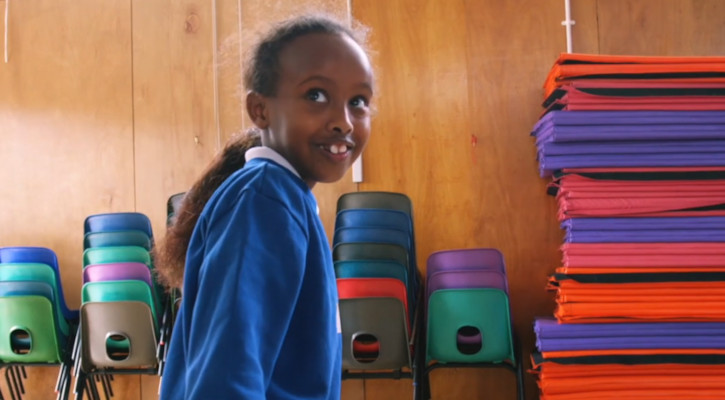
The Observer recently asked whether we are “raising a culturally illiterate generation,” highlighting the impact of reduced arts provision in schools. At Trinity, our 2024 community consultation and targeted work with local schools confirmed the challenge but also showed that creativity has the power to meaningfully engage pupils with learning, can transform classrooms, build confidence, and strengthen inclusion.
Through our Cultural Alliance programme, a two-year initiative supported by Paul Hamlyn Foundation, we’ve partnered with three Bristol primary schools to bring weekly creative learning to every Key Stage 2 pupil. Working with community partners acta (theatre) and Movema (dance), we have co-designed an arts-based curriculum that links art into their everyday school learning themes and introduces children to new skills while supporting their wellbeing and engagement with learning.
Even after just one year, the impact is positive and clear. Pupils are gaining confidence and teamwork skills, teachers are discovering fresh tools to engage their classes, and schools are starting to see creativity as a catalyst for stronger connection. Parents, too, are recognising Trinity as a trusted partner in their child’s education, and are reporting that their children are sharing their learning more at home due to the creative ways in which they are learning.
One year 4 pupil from Evergreen Primary said: “Being active helps our learning. Our dance sessions are a different way of learning and give us good energy.”
Our evaluation, led by Dr Harriet Hand (University of Bristol), asks deeper questions about arts in schools: How can it reduce absenteeism, challenge assumptions about behaviour, and support inclusion? As Furaha Asani, Associate Researcher at Paul Hamlyn Foundation, notes: “Through a more relaxed, embodied, and playful environment, young people can access different ways of engaging - socialising into a new kind of contract with the learning environment, one built on trust.”
This is our antidote to cultural illiteracy: creativity that nurtures resilience, builds connection, and equips children not just to succeed at school, but to thrive in life.




